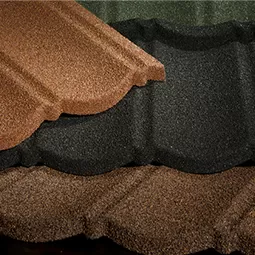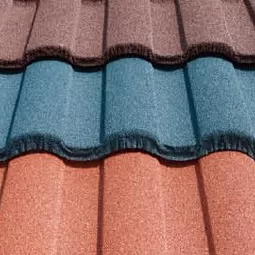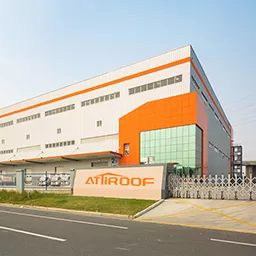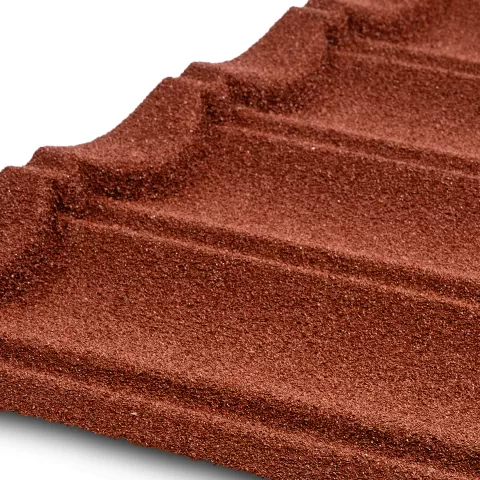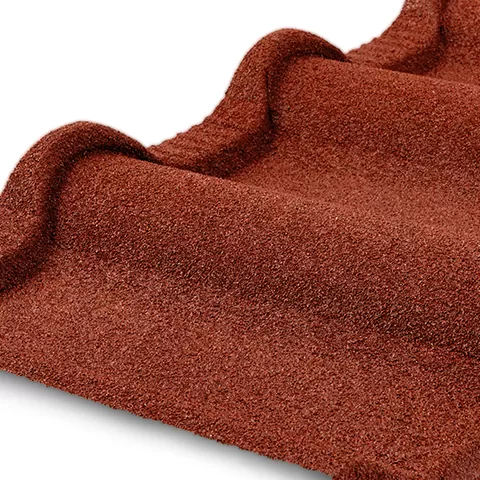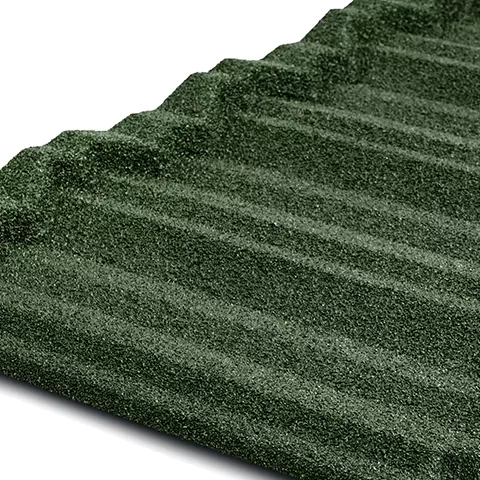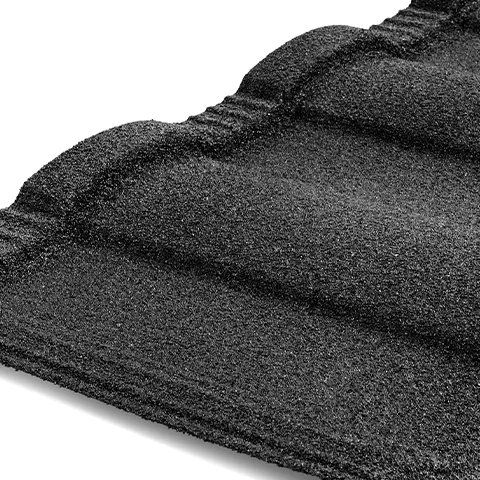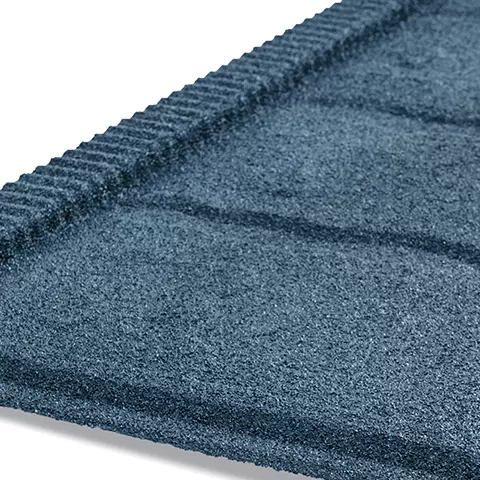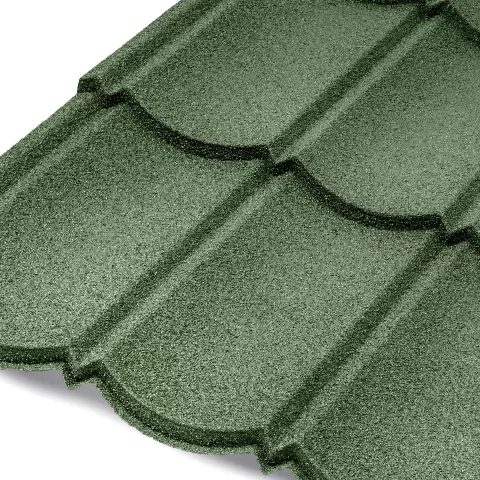Selecting the right resin material for roofing is a critical decision that can significantly impact the performance, durability, and longevity of the roof. The intended purpose of choosing a resin material is to ensure that the roofing system meets the specific requirements of the building and its environment.
This section will explore the key considerations that influence the choice of resin for roofing applications, including strength, resistance to pressure and weight, exposure to chemicals, and tolerance to extreme temperatures and harsh environmental conditions.
How Strong Does the Roof Need to Be?
The strength of the roof is a fundamental consideration when selecting a resin material. The required strength depends on several factors:
●Building Design and Architecture: The architectural design of the building dictates the load distribution and stress points on the roof. Resin materials should be chosen to provide adequate strength to support the roof structure and any architectural features that may add additional stress.
●Environmental Loads: Roofs are subjected to various environmental loads, including wind, snow, and rain. In areas prone to high winds or heavy snowfall, the resin material must have high tensile strength and stiffness to withstand these forces without deforming or failing.
●Occupancy and Use: The intended use of the building also influences the required roof strength. For example, commercial buildings with heavy equipment or storage facilities may require a stronger roof compared to residential buildings.
●Safety Factors: It's essential to consider safety factors when determining the required strength of the roof. These factors account for unexpected loads and provide a margin of safety to prevent structural failure.
When evaluating resin materials for their strength, it's important to look at properties such as tensile strength, flexural strength, and impact resistance. For instance, a resin with a high tensile strength of over 60 MPa (megapascals) and good impact resistance would be suitable for roofs that need to withstand significant loads and stresses.
In summary, the strength of the roof is a critical factor in choosing a resin material. By assessing the building design, environmental loads, occupancy, and safety factors, you can select a resin that provides the necessary strength and durability for your roofing application.
Does the Roof Need to Withstand Unusual Levels of Pressure or Weight?
In certain scenarios, roofs may be subjected to unusual levels of pressure or weight that go beyond the typical environmental loads. This could be due to various factors, including heavy equipment, snow accumulation, or even the installation of green roofs. When selecting a resin material for such applications, it's crucial to consider its ability to withstand these additional stresses.
Factors Influencing Pressure and Weight on Roofs:
●Heavy Equipment: Buildings that house heavy machinery or HVAC units on the roof need materials that can support the weight without compromising structural integrity.
●Snow Accumulation: In regions with heavy snowfall, roofs must be able to bear the weight of accumulated snow, which can exert significant pressure.
●Green Roofs: The implementation of green roofs, which include soil and vegetation, adds extra weight and requires materials that can support the additional load.
●Foot Traffic: Roofs that are accessible for maintenance or recreational purposes need to withstand the pressure of foot traffic.
Selecting Resin Materials for High-Pressure Applications:
When choosing a resin for roofs that need to withstand unusual levels of pressure or weight, the following properties should be considered:
●Compressive Strength: The resin should have a high compressive strength to resist deformation under heavy loads. A compressive strength of over 70 MPa is desirable for such applications.
●Flexural Strength: A high flexural strength ensures that the resin can withstand bending forces without cracking or breaking. This is particularly important for roofs that experience uneven loads.
●Load Distribution: The resin material should work well with the roof's design to ensure even distribution of weight and pressure, preventing localized stress points.
In conclusion, when a roof is expected to withstand unusual levels of pressure or weight, selecting a resin material with high compressive and flexural strength is essential. By considering the specific demands of the application, you can ensure that the chosen resin provides the necessary support and durability for the roof's longevity.
Will the Roof Be Exposed to Any Chemicals or Other Elements?
The exposure of a roof to chemicals or other elements is a critical factor to consider when selecting a resin material. Roofs can come into contact with various substances that can cause deterioration or damage if the material is not resistant. These substances can include:
●Acid Rain: In areas with high pollution levels, acid rain can be a concern. The acidic components can erode or weaken the roofing material over time.
●Industrial Emissions: Buildings located near industrial areas may be exposed to chemicals and gases released into the atmosphere, which can settle on the roof and cause corrosion.
●Salt Spray: Coastal properties are exposed to salt spray from the sea, which can accelerate the degradation of certain materials.
●Biological Growth: Roofs can also be susceptible to algae, moss, and fungal growth, which can cause staining and damage if the material is not resistant.
Selecting Resin Materials for Chemical Resistance:
When choosing a resin material for roofs that will be exposed to chemicals or other elements, the following properties should be considered:
●Chemical Resistance: The resin should have a high resistance to a wide range of chemicals, including acids, alkalis, and solvents. This ensures that the material will not degrade or lose its integrity when exposed to harmful substances.
●UV Resistance: Exposure to ultraviolet (UV) rays can cause some materials to deteriorate over time. A resin with good UV resistance will maintain its strength and appearance despite prolonged exposure to sunlight.
●Biological Resistance: The material should resist biological growth, preventing the development of algae, moss, or fungi on the roof's surface.
Resins such as polyvinylidene fluoride (PVDF) and epoxy are known for their excellent chemical and UV resistance, making them suitable choices for roofs exposed to harsh elements. Additionally, incorporating additives or coatings can enhance the resistance of the resin material to specific chemicals or biological agents.
In conclusion, when a roof is expected to be exposed to chemicals or other elements, selecting a resin material with high chemical, UV, and biological resistance is crucial. This ensures that the roof remains durable and maintains its aesthetic appeal despite the challenging environmental conditions.
Will the Roof Be Exposed to Extreme Temperatures or Harsh Environmental Conditions?
Roofs are often subjected to a wide range of temperatures and environmental conditions, from scorching heat to freezing cold, as well as heavy rain, hail, and strong winds. The ability of a resin material to withstand these extreme conditions is crucial for ensuring the longevity and performance of the roof. Here are some key considerations:
1. Temperature Resistance:
●Heat Resistance: In areas with high temperatures or direct sunlight exposure, the resin material should have a high heat deflection temperature (HDT) and resist thermal degradation. This ensures that the roofing tiles do not warp, melt, or lose their structural integrity under heat.
●Cold Resistance: In colder climates, the resin should maintain its flexibility and strength at low temperatures, preventing cracking or brittleness caused by freezing.
2. Weather Resistance:
●UV Resistance: Prolonged exposure to ultraviolet rays can cause fading, discoloration, and material degradation. A resin with excellent UV stability will retain its color and mechanical properties over time.
●Moisture Resistance: The material should be impermeable to water and resistant to moisture absorption, preventing water damage and leaks.
●Impact Resistance: In areas prone to hail or debris, the resin should have good impact resistance to withstand the force without cracking or denting.
3. Environmental Adaptability:
●Wind Resistance: In regions with strong winds or hurricanes, the roofing material must be able to withstand high wind loads without lifting or tearing.
●Corrosion Resistance: For coastal or industrial areas, the resin should resist corrosion caused by salt spray or airborne pollutants.
When selecting a resin material for roofing, it's essential to choose one that is specifically formulated to endure the expected temperature extremes and environmental conditions. For instance, resins such as polyurethane (PU) and thermoplastic polyolefin (TPO) are known for their excellent thermal stability, UV resistance, and overall durability in harsh conditions.
In conclusion, considering the exposure of the roof to extreme temperatures and harsh environmental conditions is vital when choosing a resin material. By selecting a resin with the appropriate resistance properties, you can ensure that the roof remains functional and aesthetically pleasing for years to come.

